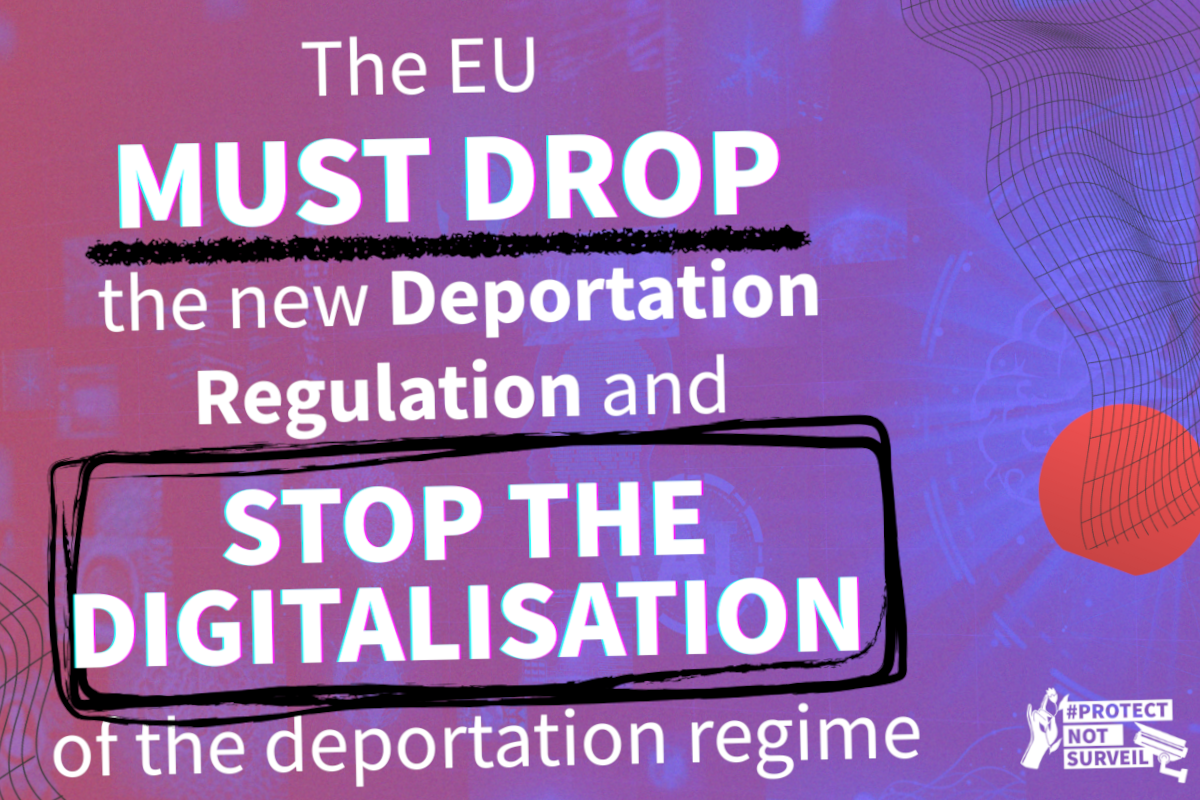EU states demand more migration control cash in next long-term budget
Topic
Country/Region
01 July 2025
EU member states want significantly more money allocated to migration control in the bloc’s next long-term budget, set to run from 2028 to 2034. This is according to a document produced by the Polish EU Council Presidency and circulated on 12 June. Spending on external migration control from current budgets is already above expectations.
Support our work: become a Friend of Statewatch from as little as £1/€1 per month.

Image: Banco de España, CC BY-NC-ND 2.0
EU member states are calling for significantly more money to be allocated to migration control in the bloc’s next long-term budget, set to run from 2028 to 2034.
A paper circulated by the Polish Presidency (pdf) ahead of the upcoming Multiannual Financial Framework (MFF) proposal outlines growing demands from governments to ramp up external spending on border enforcement, deportations, and cooperation with non-EU countries.
According to the document, discussed within the Strategic Committee on Immigration, Frontiers and Asylum (SCIFA), member states want:
- “new sources of funding” for external migration partnerships;
- a “Team Europe” approach to better coordinate EU and national funds; and
- a general increase in migration spending, with funds to be directed toward the “external dimension,” deportations, anti-smuggling operations, and “innovative solutions”
Spending under the EU’s current €80 billion NDICI–Global Europe fund is already above expectations - averaging 14% on migration, well beyond the formal 10% target. Member states now appear keen to lock in and expand this trend in the next budget cycle.
The push for increased funding comes despite mounting evidence of rights violations tied to EU external migration projects- from border violence to secretive deals with authoritarian regimes.
Read more in: Outsourcing Borders: Monitoring EU Externalisation Policy – Bulletin 8
Our work is only possible with your support.
Become a Friend of Statewatch from as little as £1/€1 per month.
Further reading

Border externalisation: more EU support for violence in North Africa, joint EU-UK plans, and more
Racist violence in North Africa: EU governments know exactly what is happening, and plan to continue support /// EU and UK consider joint external migration control projects /// Africa Frontex Intelligence Community: documents released /// EU officials talk "asylum policy and homeland security" at European Police Congress

EU: Proposed deportation law fuels "far-right narratives" and should be withdrawn, says letter
EU lawmakers should drop the proposed deportation Regulation, says an open letter signed by 12 members of the #ProtectNotSurveil coalition, including Statewatch. The letter warns that the proposal will violate peoples' rights through an expansion of the EU's digital surveillance and control infrastructure.

How the EU coordinates the outsourcing of migration control
It is no secret that the EU is seeking greater cooperation from non-EU states in its migration control agenda. Less is known, however, about precisely how that cooperation is organised and encouraged. A document produced last year and released in response to an access to documents request from Statewatch provides some further details on the topic, pointing to avenues for advocacy, research and investigation.
Spotted an error? If you've spotted a problem with this page, just click once to let us know.

